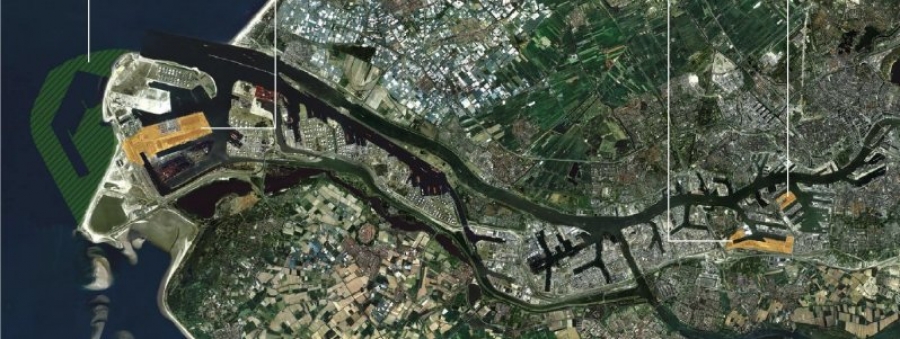An empirical analysis in the port of Rotterdam of coordination mechanisms in improving hinterland accessibility is the theme of the study by PortEconomics associate member Larissa van der Lugt in association with Martijn van der is published in Maritime Policy and Management, the flagship journal of maritime economics (vol 38:4, pp. 415-435)
Hinterland accessibility is one of the main determinants in port competition. Improving hinterland accessibility is a complex process in which many actors are involved and many factors play a role. It requires coordination mechanisms beyond the price mechanism; conditions of complexity can become such that assistance is needed from other coordination mechanisms, such as introduction of incentives, creation of an interfirm alliance, changing scope, and creating collective action. The goal of the study by Martin and Larissa is to gain a better understanding on coordination in hinterland chains. Based on the insights of Transaction Cost Economics, a set of variables is explicated in order to understand when, by whom, and under which conditions and situations coordination arrangements are chosen. The variables are used in an empirical analysis of coordination arrangements in hinterland transport from and to the port of Rotterdam. This analysis provides insight into the patterns and conditions of the emergence of different coordination arrangements that improve hinterland accessibility.
The paper is available via the website of the journal Maritime Policy and Management
Other papers by PortEconomics members and associate members in the same issue of Maritime Policy and Management:
- “A game theoretical approach to competition between multi-user terminals: the impact of dedicated terminals” by Evangelia N. Kaselimi, Theo E. Notteboom & Bruno De Borger
- “Pursuing maritime education: an empirical study of students’ profiles, motivations and expectations” by Athanasios A. Pallis & Adolf K. Y. Ng












